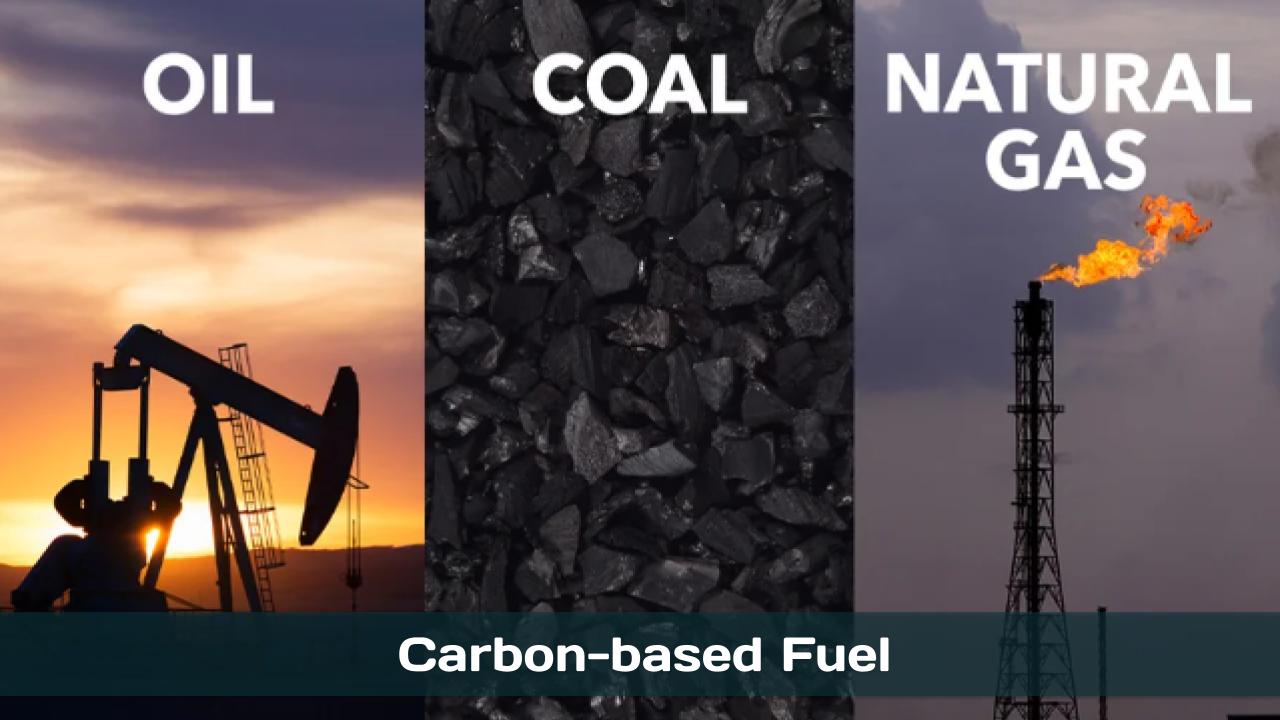Climate change adaptation refers to adjusting to the effects of climate change, like extreme weather events and rising sea levels. It involves reducing vulnerability and minimizing potential harm, while also capitalizing on new opportunities. Adaptation strategies can be implemented across sectors such as infrastructure, agriculture, and public health, and can involve both human and natural systems.
Source: Other
British International Investment – 12/06/2025 (04:18)
https://www.youtube.com/watch?v=PkXLsqdMnhc&t=9s
A brief understanding of what causes Climate Change, what it could mean, and why it’s urgent that we do something about it.
OnAir Post: Climate Change Adaptation


